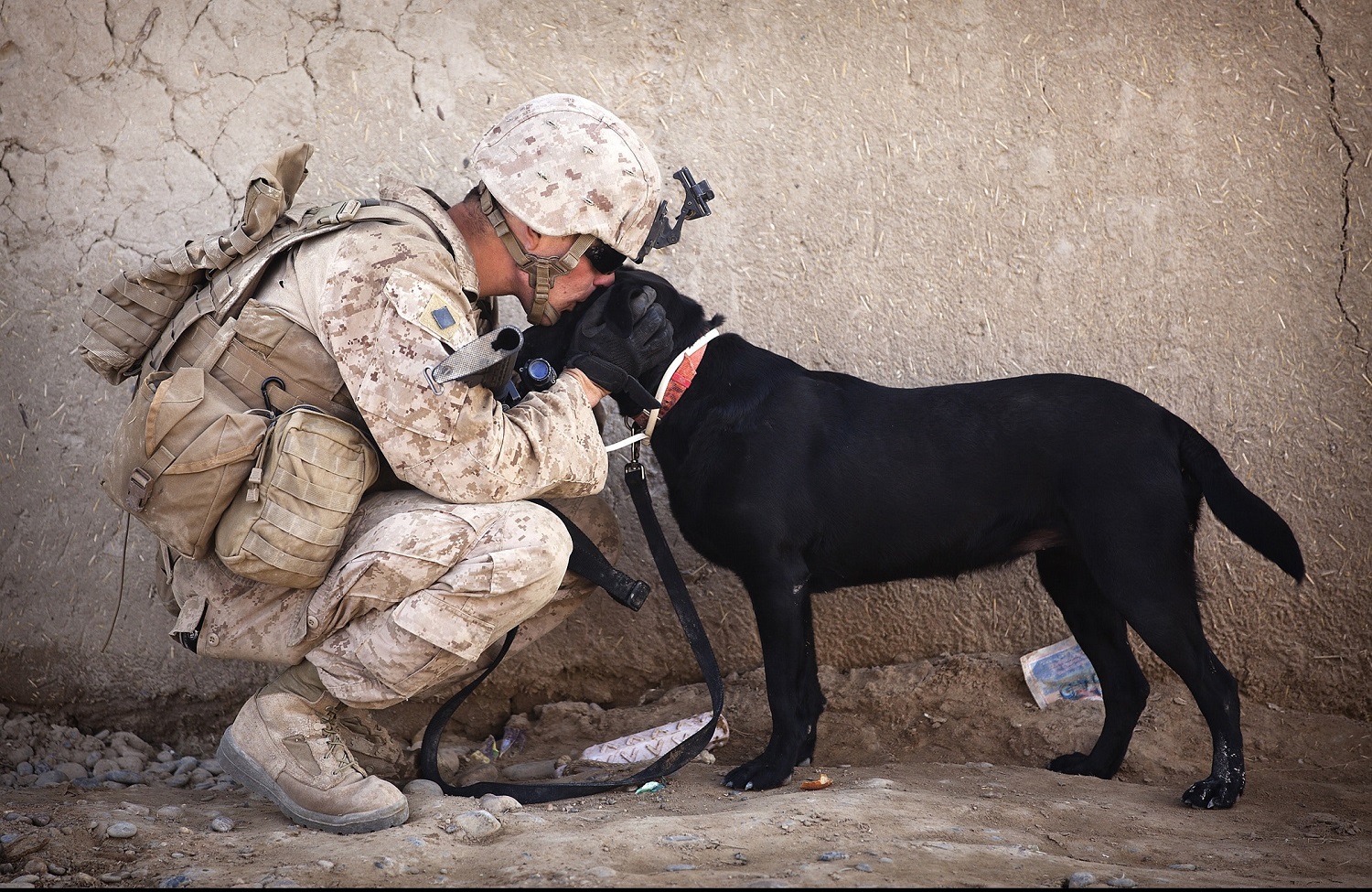

A measure designed to shorten the wait for dogs currently banned from entering the U.S. passed the House of Representatives Tuesday night on a bipartisan voice vote. The amendment to a federal spending bill was co-sponsored by Nevada Democratic Rep. Dina Titus.
Many of the dogs, according to Titus, accompanied U.S. soldiers overseas and have been banned from returning.
The Centers for Disease Control estimates 6% of imported dogs come from countries at high risk for rabies.
On July 14, the CDC suspended the importation of dogs from countries classified as high risk for rabies, as well as countries not at high risk, if the dog has been in high-risk countries during the previous six months, according to the agency’s website.
“In 2020, CDC identified a significant increase compared with the previous 2 years in the number of imported dogs that were denied entry into the United States from high-risk countries. Due to reduced flight schedules, dogs denied entry are facing longer wait times to be returned to their country of departure, leading to illness and even death in some cases,” says the CDC website.
The legislation passed by the House would “provide $3 million in funding to better streamline inspections and processing of canines” seeking entry to the U.S. from 113 countries where a ban is currently in place.
“I have long been a supporter of animal protection and will continue to fight for those creatures who can’t speak for themselves,” said Titus, a member of the Congressional Animal Protection Caucus. “Animals should be treated with care; that’s why I’ll always work to champion animal welfare in Congress.”
“U.S. service members frequently adopt dogs they befriend while deployed abroad; SPCA International has helped to safely bring more than 600 such dogs into the United States to live with their service member,” said Lori Kalef, Director of Programs, SPCA International.
The amendment is expected to give the CDC capacity for a rabies screening program to protect dogs in America while allowing for the importation of dogs stranded abroad.
“Our American heroes should not be separated from their pets, especially in post-combat situations where their dutiful service has kept Americans safe from harm,” said Marty Irby, executive director at Animal Wellness Action.